Home>Articles>How Much Electricity Does A Tankless Water Heater Use
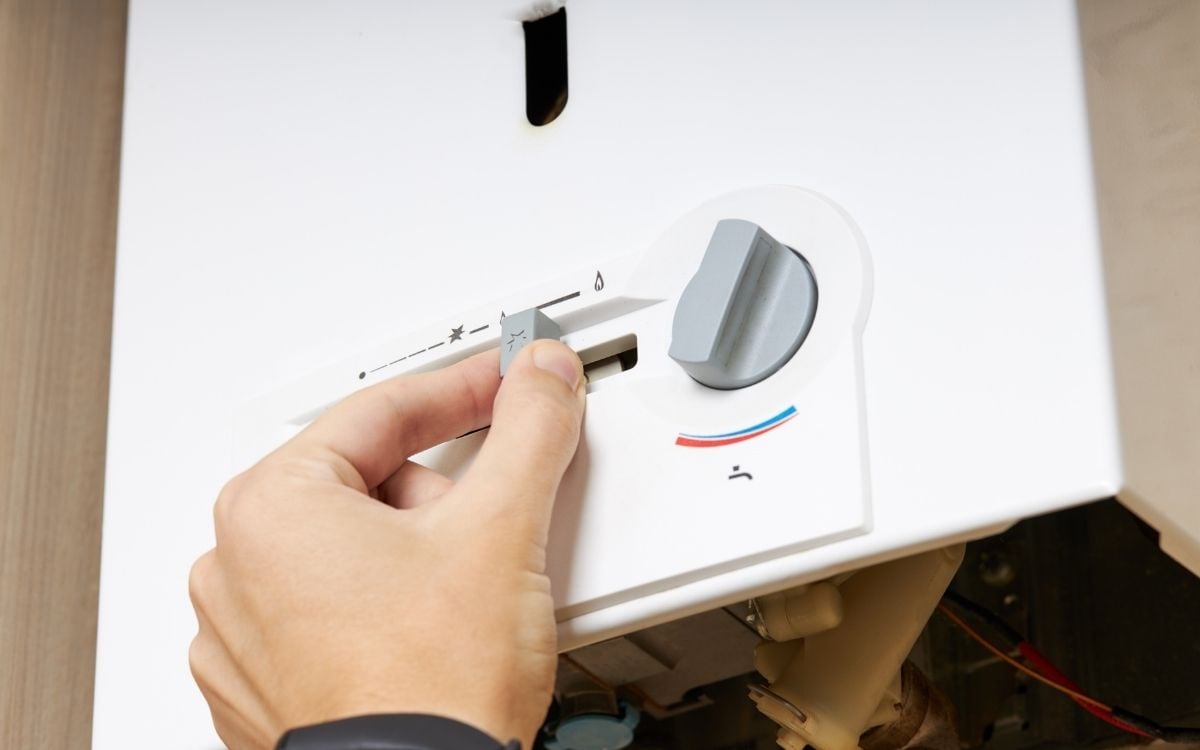

Articles
How Much Electricity Does A Tankless Water Heater Use
Modified: January 7, 2024
Discover the energy efficiency of tankless water heaters with insightful articles that explore how much electricity they consume.
(Many of the links in this article redirect to a specific reviewed product. Your purchase of these products through affiliate links helps to generate commission for Storables.com, at no extra cost. Learn more)
Introduction
A tankless water heater, also known as an on-demand water heater, is an innovative and energy-efficient appliance that provides hot water instantaneously without the need for a storage tank. Unlike traditional water heaters that constantly heat and store a large amount of water, tankless water heaters only heat water as it is needed, resulting in significant energy savings and reduced electricity consumption.
In this article, we will explore how tankless water heaters work, the factors that affect their electricity usage, how to calculate electricity consumption, the energy efficiency of tankless water heaters, and how they compare to traditional water heaters. We will also provide some tips for reducing electricity consumption when using a tankless water heater.
So, if you are curious about how much electricity a tankless water heater uses and want to learn more about these energy-efficient appliances, keep reading!
Key Takeaways:
- Tankless water heaters offer energy-efficient hot water solutions by heating water on demand, eliminating standby heat loss, and providing a continuous supply of hot water. Understanding factors affecting electricity usage can help optimize energy consumption.
- Calculating electricity consumption, leveraging energy-efficient features, and implementing simple tips can further reduce electricity usage with tankless water heaters. These appliances offer long-term cost savings and contribute to a greener, sustainable lifestyle.
Read more: How Much Is A Navien Tankless Water Heater
How Does a Tankless Water Heater Work?
A tankless water heater operates on a simple principle – it heats water as it passes through the unit, providing hot water on demand. Unlike traditional water heaters that store and maintain a constant supply of hot water, tankless water heaters eliminate the need for a storage tank by rapidly heating water as it is needed.
When a hot water tap is turned on, cold water flows through the tankless water heater unit. Inside the unit, powerful electric heating elements or gas burners quickly heat the water as it passes through a heat exchanger. The heat exchanger efficiently transfers heat from the heating elements or burners to the water, raising its temperature to the desired level. The heated water then flows out of the unit and through the plumbing system, delivering instant hot water to the faucet, shower, or appliance.
One of the key advantages of a tankless water heater is its ability to provide a continuous supply of hot water. Since the water is heated on demand, there is no limitation on the amount of hot water that can be produced, unlike traditional water heaters with limited storage capacities.
Additionally, tankless water heaters are compact and can be installed closer to the point of use, reducing the length of hot water pipes and minimizing heat loss. This not only saves energy but also reduces the time it takes for hot water to reach the faucet.
Overall, the design and operation of a tankless water heater make it a highly efficient and convenient solution for meeting hot water needs in residential and commercial settings.
Factors Affecting Electricity Usage
Several factors influence the electricity usage of a tankless water heater. Understanding these factors can help homeowners and businesses optimize their energy consumption and choose the right-sized unit for their needs. Here are some key factors to consider:
- Water temperature rise: The temperature rise required, which is the difference between the incoming cold water temperature and the desired hot water temperature, significantly affects the electricity usage. The greater the temperature rise, the more energy is needed to heat the water to the desired temperature.
- Flow rate: The flow rate, measured in gallons per minute (GPM), refers to the amount of hot water needed at any given time. Higher flow rates require larger heating elements or burners to meet the demand, resulting in higher electricity usage.
- Inlet water temperature: The temperature of the incoming cold water varies depending on the location and time of year. In colder climates, where the cold water temperature is lower, more energy is required to raise the water temperature to the desired level.
- Unit size and capacity: The size and capacity of the tankless water heater also impact electricity usage. Oversized units may consume more electricity because they are designed to handle higher flow rates and temperature rises, even if those capacities are not needed regularly.
- Usage patterns: How hot water is used in a household or commercial setting can affect electricity usage. For instance, if multiple hot water fixtures are used simultaneously, such as running a shower and dishwasher simultaneously, the unit will have to work harder to maintain the desired temperature, resulting in higher electricity consumption.
- Insulation and pipe length: The insulation of hot water pipes and the distance between the water heater unit and the point of use play a role in electricity usage. Poor insulation or longer hot water pipe lengths can result in heat loss during distribution, requiring the unit to work harder and consume more electricity.
By considering these factors and selecting a tankless water heater that aligns with your specific hot water needs, you can optimize electricity usage and maximize energy savings.
Calculating Electricity Consumption
Calculating the electricity consumption of a tankless water heater involves considering several factors, such as the power rating of the unit and the duration of its operation. Here’s a basic formula to help estimate the electricity consumption:
Electricity Consumption (in kilowatt-hours) = Power Rating (in kilowatts) × Operating Time (in hours)
The power rating of a tankless water heater is typically provided by the manufacturer and represents the amount of electricity the unit consumes while in operation. It is important to note that the power rating may vary for different models and sizes of tankless water heaters.
The operating time refers to the duration the tankless water heater is actively heating water. This can vary depending on the hot water demands of the household or commercial setting, usage patterns, and the flow rate of hot water required.
For example, let’s consider a tankless water heater with a power rating of 7 kilowatts (kW) and an average operating time of 2 hours. Using the formula mentioned earlier:
Electricity Consumption = 7 kW × 2 hours = 14 kilowatt-hours (kWh)
This means that the tankless water heater would consume approximately 14 kilowatt-hours of electricity during the given period.
Keep in mind that this is just a rough estimate, and actual electricity consumption may vary based on factors like the temperature rise required, flow rate, and usage patterns. To get a more accurate calculation, it is recommended to consult the manufacturer’s specifications and seek professional guidance.
By understanding the electricity consumption of a tankless water heater, home and business owners can better manage their energy usage and make informed decisions to optimize efficiency and cost savings.
Consider the flow rate and temperature rise needed for your household, as these factors will determine the electricity usage of a tankless water heater.
Energy Efficiency of Tankless Water Heaters
Tankless water heaters are known for their energy efficiency and can help reduce electricity consumption and lower utility bills. Here are some key factors that contribute to the energy efficiency of tankless water heaters:
- No standby heat loss: Unlike traditional water heaters that constantly heat and store a large amount of water, tankless water heaters only heat water as it is needed. This eliminates standby heat loss, which occurs when heat escapes from the storage tank, resulting in significant energy savings.
- On-demand heating: Tankless water heaters provide hot water on demand, meaning they only activate when a hot water faucet is opened. This on-demand heating feature ensures that energy is not wasted when hot water is not being used, further boosting energy efficiency.
- High thermal efficiency: Tankless water heaters are designed to have high thermal efficiency, often exceeding 90%. This means that a large percentage of the energy used to heat the water is effectively transferred to the water, minimizing wasted energy and maximizing energy savings.
- Smart controls and modulation: Many tankless water heaters come equipped with smart controls and modulation features that adjust the heating output based on the incoming water temperature and desired hot water temperature. This ensures that the unit operates at optimum efficiency and avoids unnecessary energy consumption.
- Longevity and reduced maintenance: Tankless water heaters are built to last, with an average lifespan of 20 years or more. Compared to traditional water heaters that may require regular maintenance, such as flushing out sediment and replacing anode rods, tankless water heaters generally require less maintenance, resulting in additional energy and cost savings over time.
By investing in a tankless water heater, households and businesses can significantly improve their energy efficiency and reduce their carbon footprint. The energy savings realized from using a tankless water heater can help offset the upfront investment cost and provide long-term financial benefits.
Additionally, many tankless water heaters are ENERGY STAR certified, indicating that they meet strict energy efficiency guidelines set by the Environmental Protection Agency (EPA). When considering a tankless water heater, look for models with the ENERGY STAR label to ensure optimal energy savings and environmental sustainability.
Read more: How Much Electricity Does A Water Heater Use
Comparing Tankless Water Heaters to Traditional Water Heaters
Tankless water heaters offer several advantages over traditional water heaters, including improved energy efficiency and a continuous supply of hot water. Let’s compare these two types of water heaters:
- Energy efficiency: Tankless water heaters are significantly more energy-efficient compared to traditional water heaters. Traditional water heaters constantly heat and maintain a large volume of water, resulting in standby heat loss and unnecessary energy consumption. In contrast, tankless water heaters only heat water as needed, eliminating standby heat loss and reducing overall energy consumption.
- Continuous hot water supply: Tankless water heaters provide a continuous supply of hot water, while traditional water heaters can run out of hot water if the storage tank is depleted. With a tankless water heater, there is no waiting time for the water to heat up or the need to worry about running out of hot water during peak usage times.
- Space-saving design: Tankless water heaters have a compact and sleek design, allowing for flexible installation options and saving valuable space compared to traditional water heaters with large storage tanks. This makes tankless water heaters an ideal choice for small homes and apartments where space is limited.
- Longer lifespan: Tankless water heaters typically have a longer lifespan compared to traditional water heaters. Traditional water heaters may last around 10 to 15 years, whereas tankless water heaters can last 20 years or more with proper maintenance. This longevity can result in long-term cost savings and reduced waste.
- Cost considerations: While tankless water heaters may have a higher upfront cost compared to traditional water heaters, they can provide significant energy savings over time. The reduced energy consumption of tankless water heaters can help offset the initial investment through lower utility bills.
- Installation flexibility: Tankless water heaters offer installation flexibility due to their compact size and on-demand heating. They can be installed closer to the point of use, reducing the length of hot water pipes and minimizing heat loss during distribution. Traditional water heaters, on the other hand, require a dedicated space for the storage tank and may require additional ventilation.
Ultimately, the choice between a tankless water heater and traditional water heater depends on individual needs, available space, and budget. If energy efficiency, continuous hot water supply, and space-saving features are important considerations, a tankless water heater may be the preferred option. However, for those with a lower upfront budget or who prefer a simpler installation, a traditional water heater may still be a suitable choice.
Tips for Reducing Electricity Consumption
While tankless water heaters are already energy-efficient, there are several additional steps you can take to further reduce electricity consumption. Implementing these tips can help maximize energy savings and minimize your environmental impact:
- Set the temperature wisely: Adjust the temperature setting on your tankless water heater to a moderate level, typically around 120 degrees Fahrenheit (49 degrees Celsius). This can help prevent overheating and reduce the amount of energy needed to heat the water.
- Insulate hot water pipes: Insulate the hot water pipes to minimize heat loss during distribution. Use pipe insulation sleeves or tape to wrap the pipes, especially in unheated areas such as basements or crawl spaces. This helps maintain the water temperature and reduces the need for the tankless water heater to reheat the water.
- Fix leaks and drips promptly: Regularly inspect faucets, showerheads, and other hot water fixtures for any leaks or drips. Fixing these issues promptly can prevent water and energy wastage, as well as relieve the strain on the tankless water heater.
- Avoid excessive hot water usage: Be mindful of your hot water usage and try to be conservative. Avoid taking unnecessarily long showers or running hot water continuously when not required. Using hot water efficiently can help reduce electricity consumption and extend the lifespan of your tankless water heater.
- Consider flow rate restrictions: Some tankless water heaters operate optimally within a specific flow rate range. Ensure that your plumbing fixtures, such as showerheads and faucets, have flow rates that fall within the recommended range. Excessive flow rates can strain the unit and result in higher electricity usage.
- Maintain your tankless water heater: Regular maintenance is key to ensuring optimal performance and energy efficiency. Follow the manufacturer’s guidelines for cleaning, descaling, and inspecting your tankless water heater. Proper maintenance can prevent efficiency losses due to mineral deposits and ensure the unit operates at its peak efficiency.
- Consider off-peak usage: Depending on your electricity provider, you may be charged different rates based on peak and off-peak usage. Take advantage of off-peak hours to run high-demand activities like laundry or dishwashing. This can potentially lower your electricity costs and reduce the strain on the electrical grid during peak periods.
By implementing these tips, you can optimize energy efficiency and reduce electricity consumption with your tankless water heater. Not only will this benefit your wallet, but it will also contribute to a greener and more sustainable future.
Conclusion
Tankless water heaters offer a modern and energy-efficient solution for meeting your hot water needs. By heating water on demand, these innovative appliances eliminate the standby heat loss associated with traditional water heaters, resulting in significant energy savings and reduced electricity consumption.
In this article, we explored how tankless water heaters work and the factors that can affect their electricity usage. We learned that factors such as water temperature rise, flow rate, and unit size can impact energy consumption. By understanding these factors, homeowners and businesses can make informed decisions and choose the right-sized unit to optimize energy efficiency.
We also discussed how to calculate electricity consumption, considering the power rating and operating time of the tankless water heater. This calculation helps estimate energy usage and assists in managing energy consumption effectively.
The energy efficiency of tankless water heaters is a significant advantage. With features like no standby heat loss, on-demand heating, high thermal efficiency, and smart controls, these units maximize energy savings while providing a continuous supply of hot water. Additionally, their longevity and reduced maintenance requirements further contribute to long-term cost savings and environmental sustainability.
Comparing tankless water heaters to traditional water heaters, it becomes clear that tankless units offer advantages such as energy efficiency, space-saving design, continuous hot water supply, and longer lifespan. While there may be a higher upfront cost, the long-term energy savings make tankless water heaters a worthwhile investment.
Lastly, we provided tips for reducing electricity consumption with a tankless water heater, including setting the temperature wisely, insulating hot water pipes, fixing leaks promptly, and using hot water efficiently. These simple measures can further enhance energy efficiency and contribute to a greener and more sustainable lifestyle.
In conclusion, tankless water heaters are an excellent choice for those seeking energy-efficient and cost-effective hot water solutions. With their technological advancements and environmentally friendly features, they provide a reliable source of hot water while minimizing energy consumption and reducing utility bills. By understanding how tankless water heaters work and implementing energy-saving practices, you can enjoy the benefits of hot water on demand while minimizing your environmental impact.
Frequently Asked Questions about How Much Electricity Does A Tankless Water Heater Use
Was this page helpful?
At Storables.com, we guarantee accurate and reliable information. Our content, validated by Expert Board Contributors, is crafted following stringent Editorial Policies. We're committed to providing you with well-researched, expert-backed insights for all your informational needs.
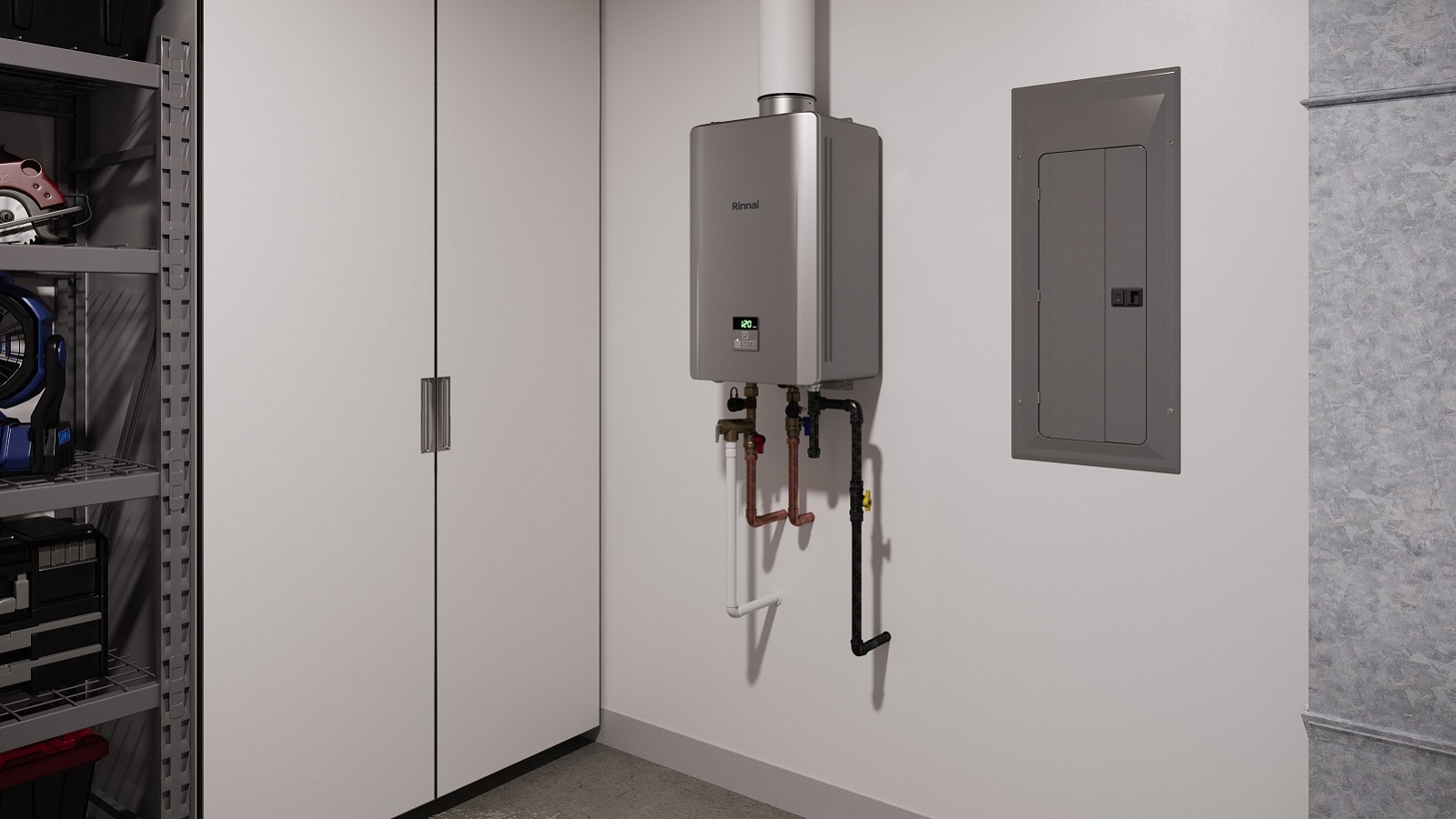
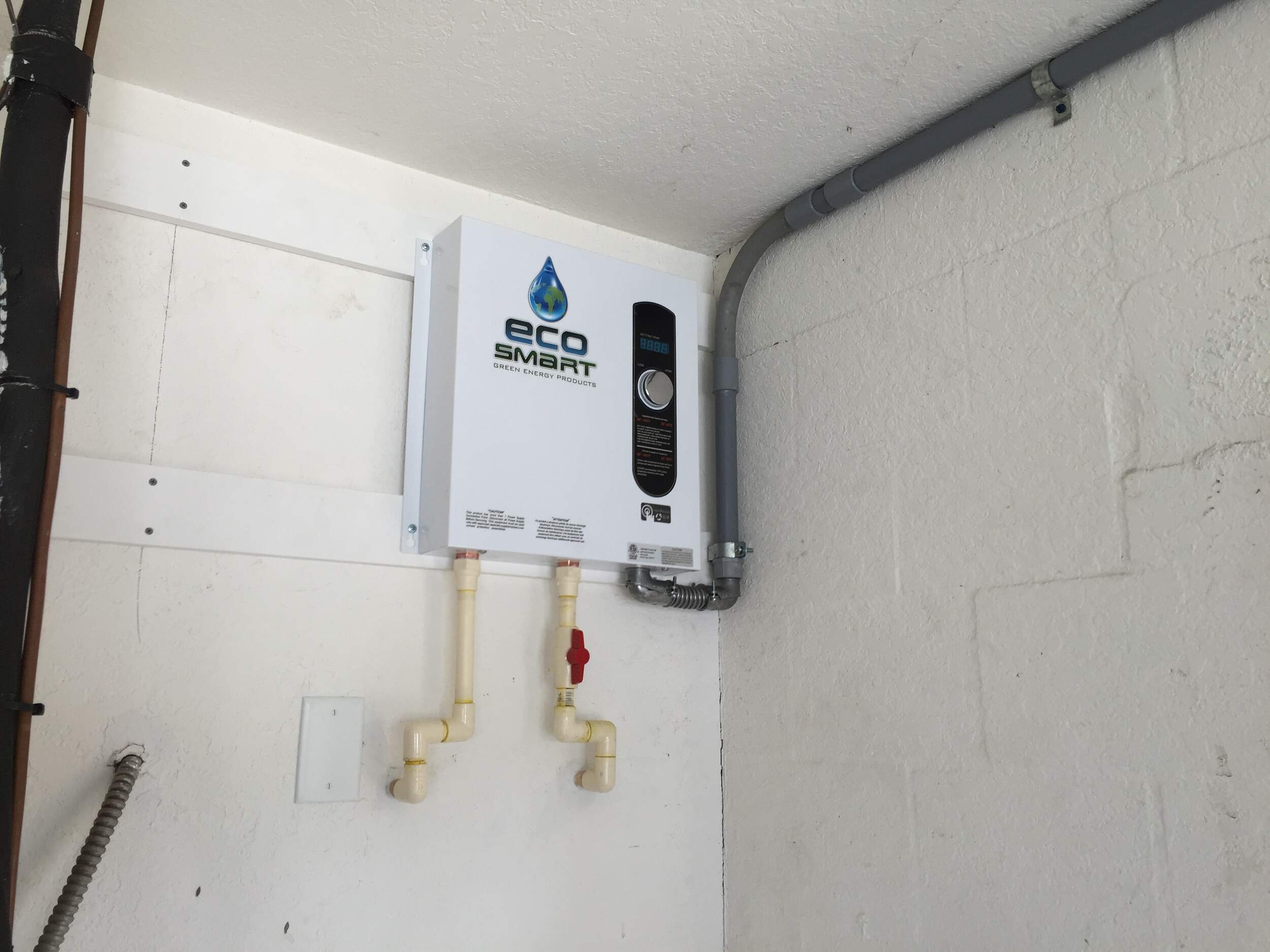
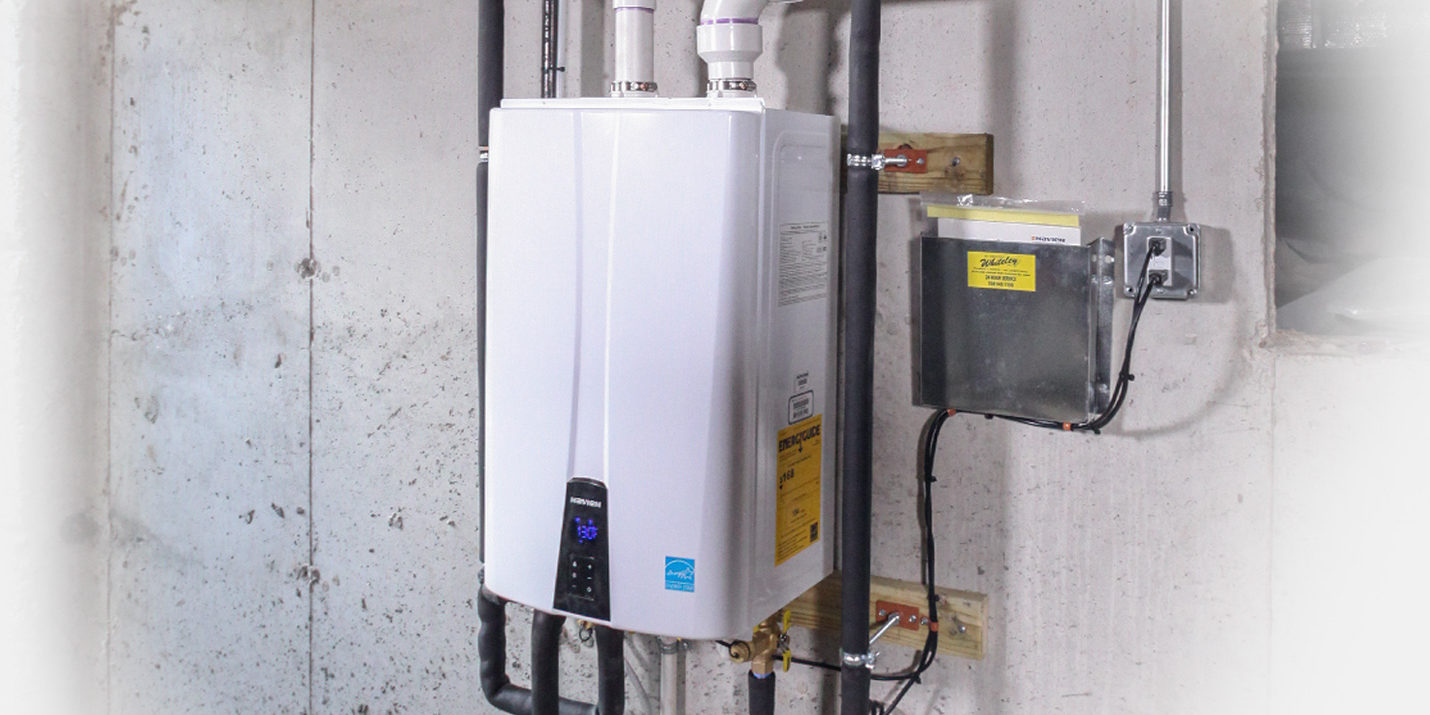
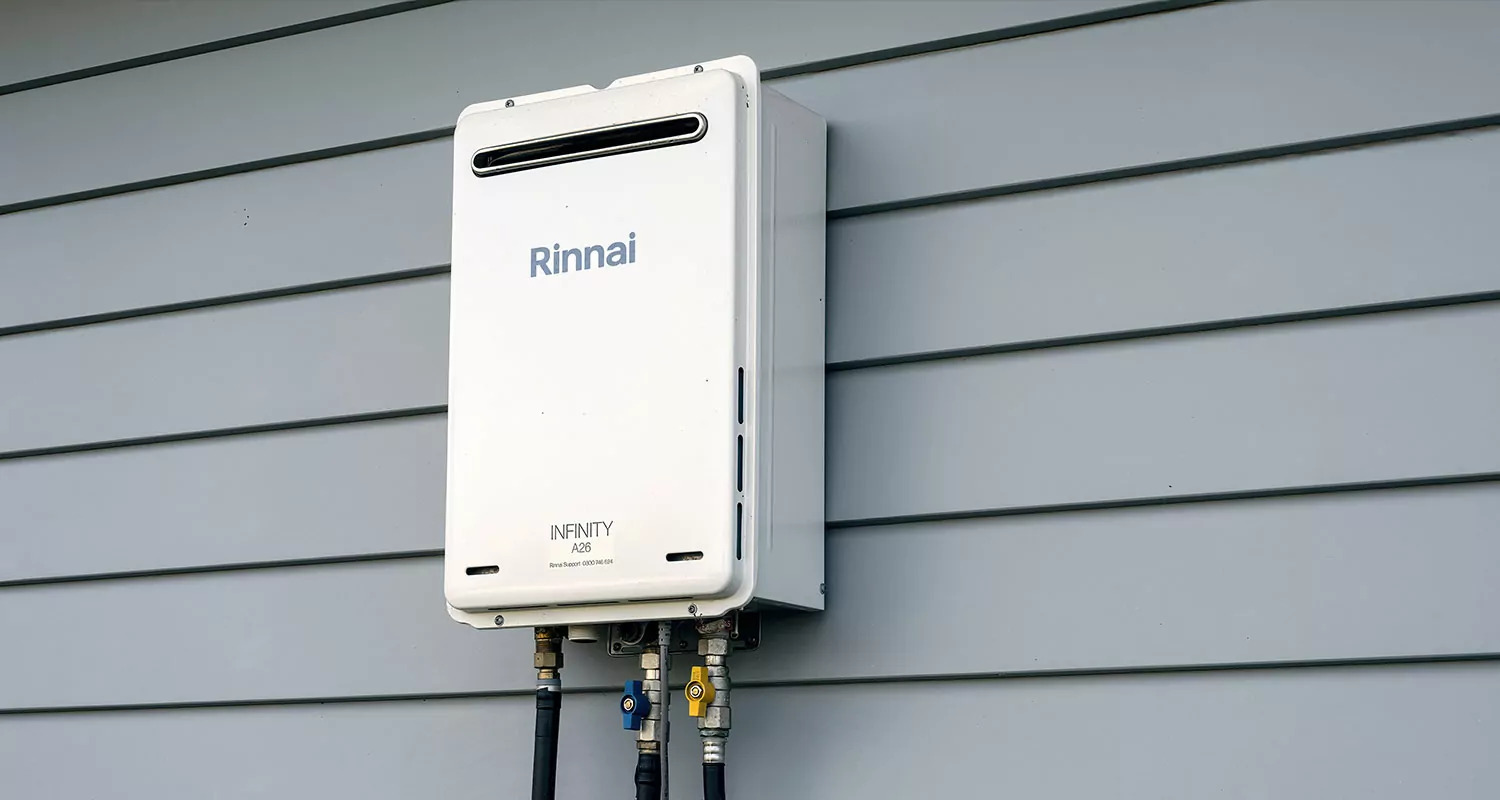
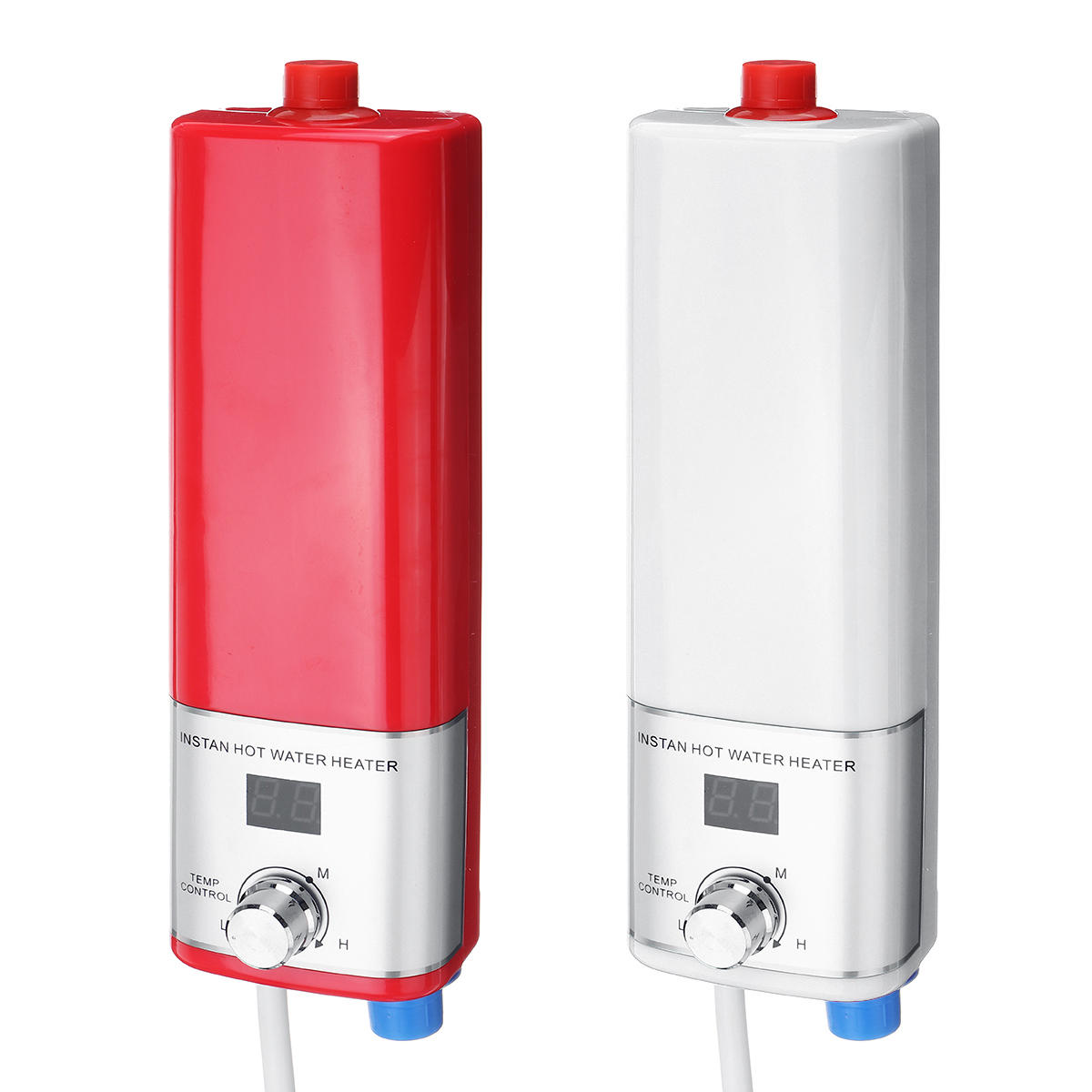
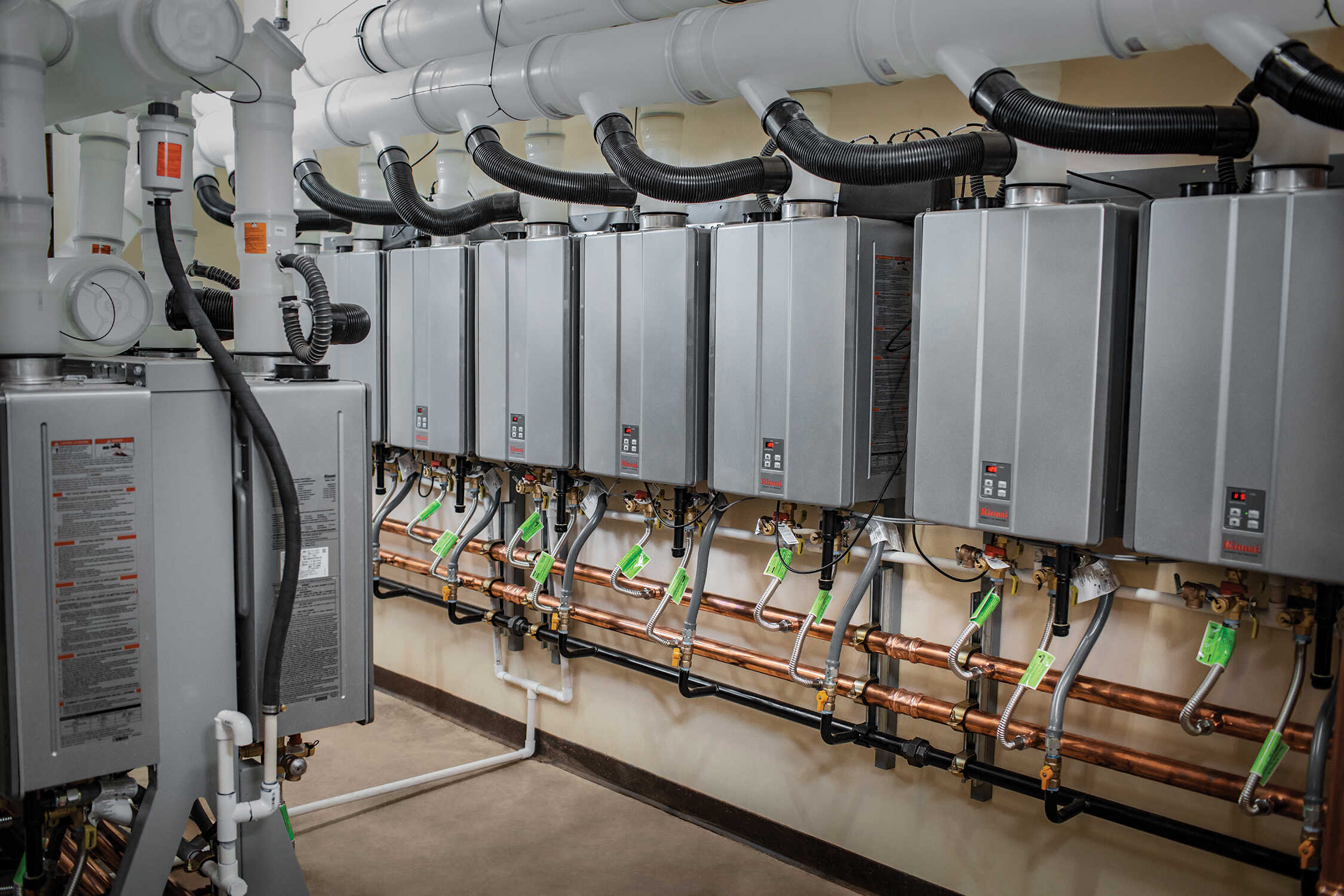
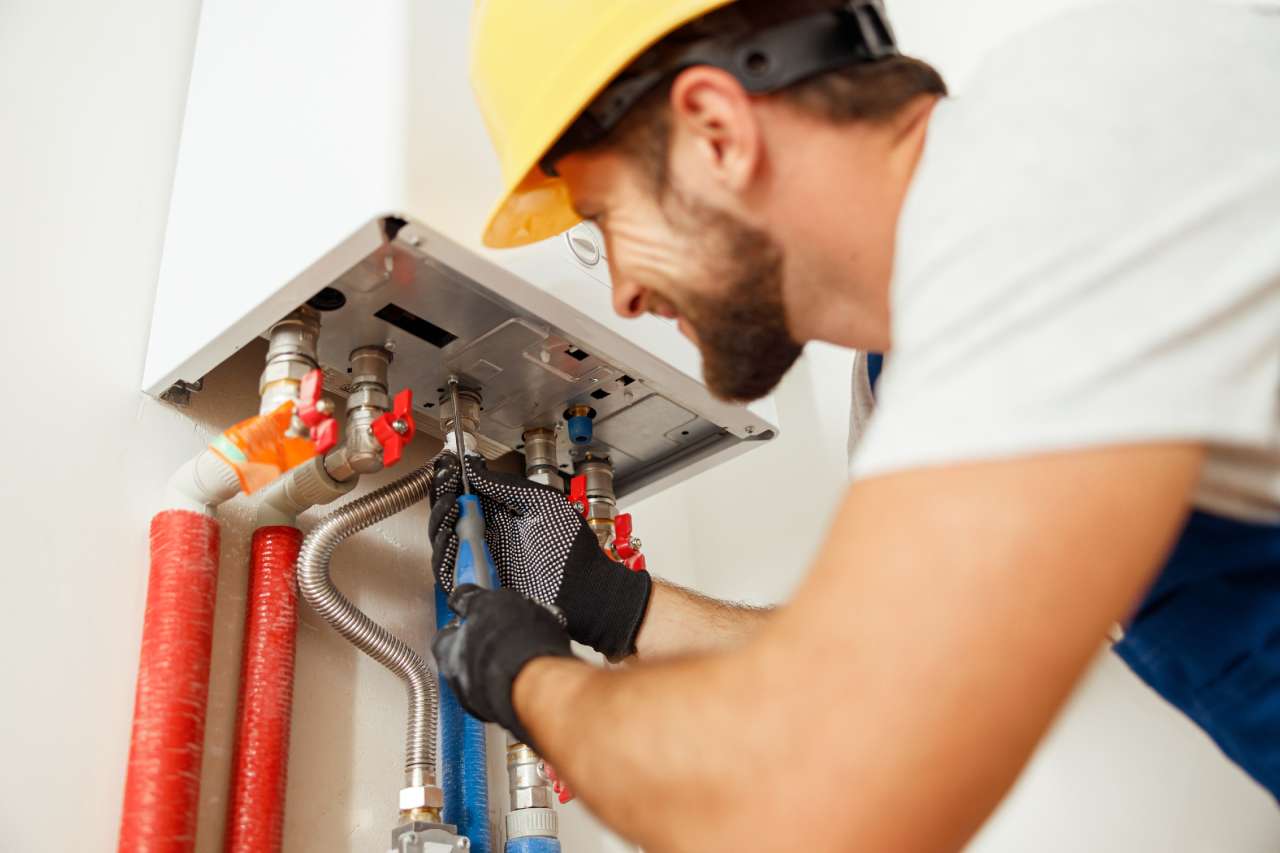
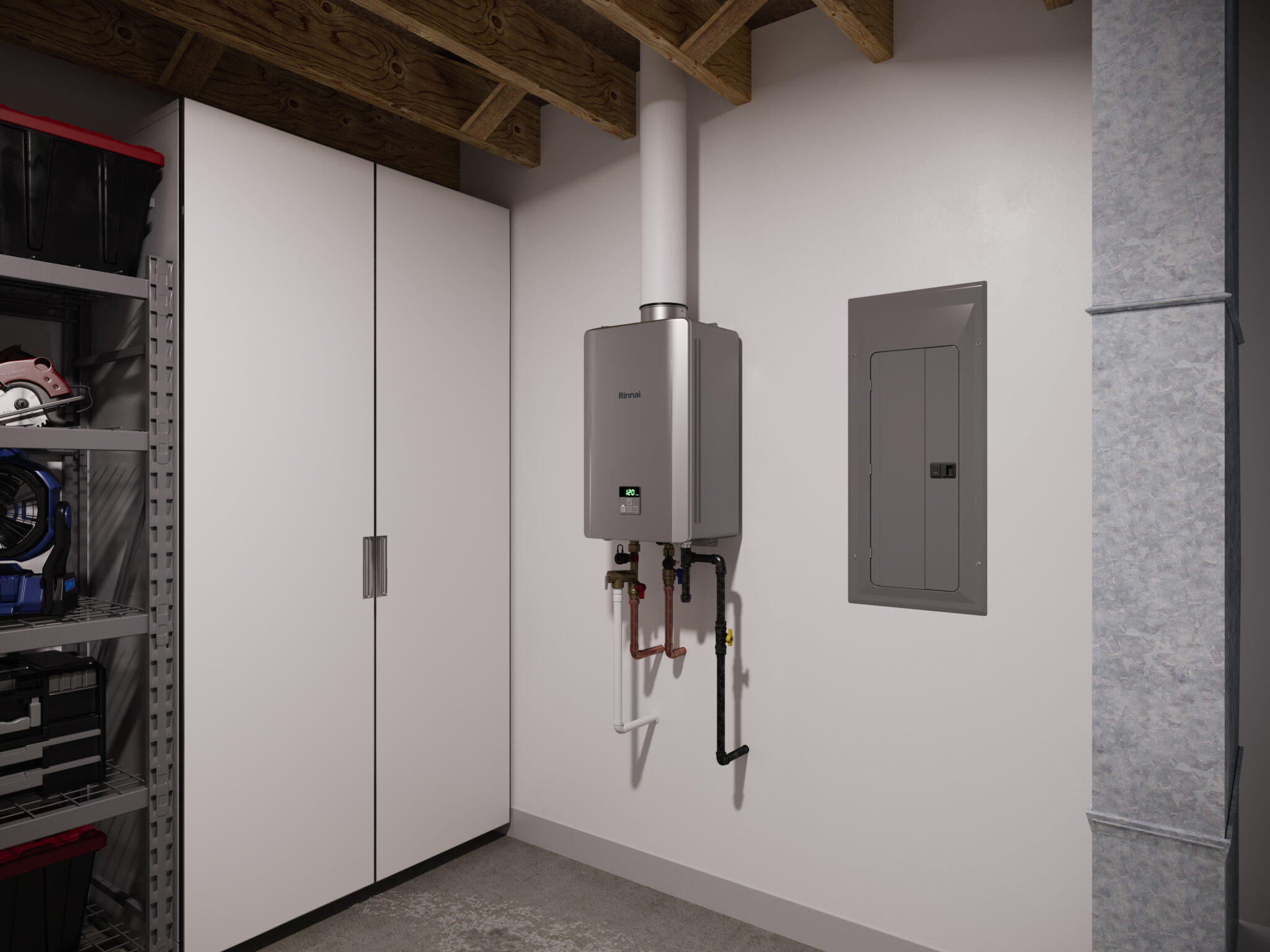
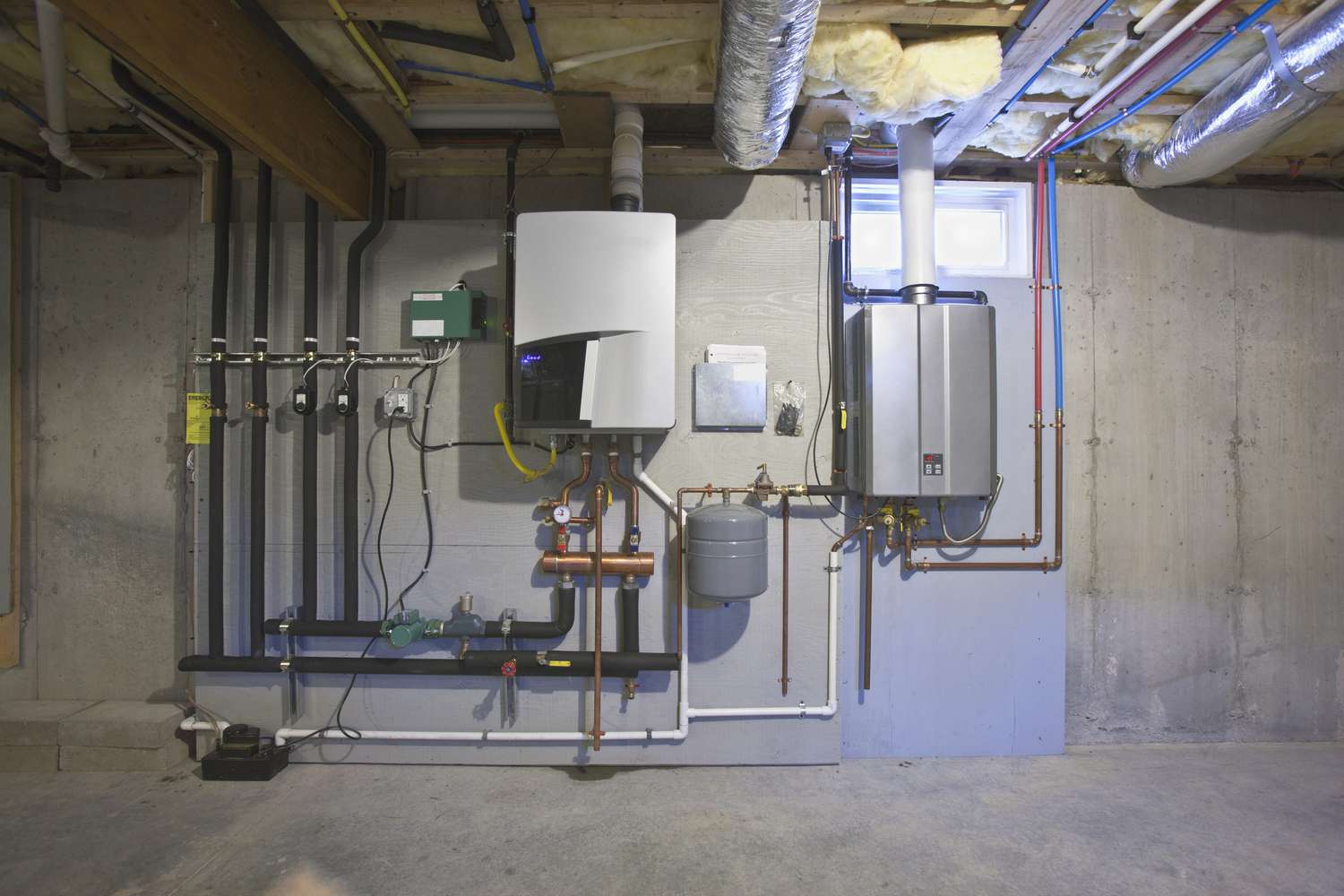
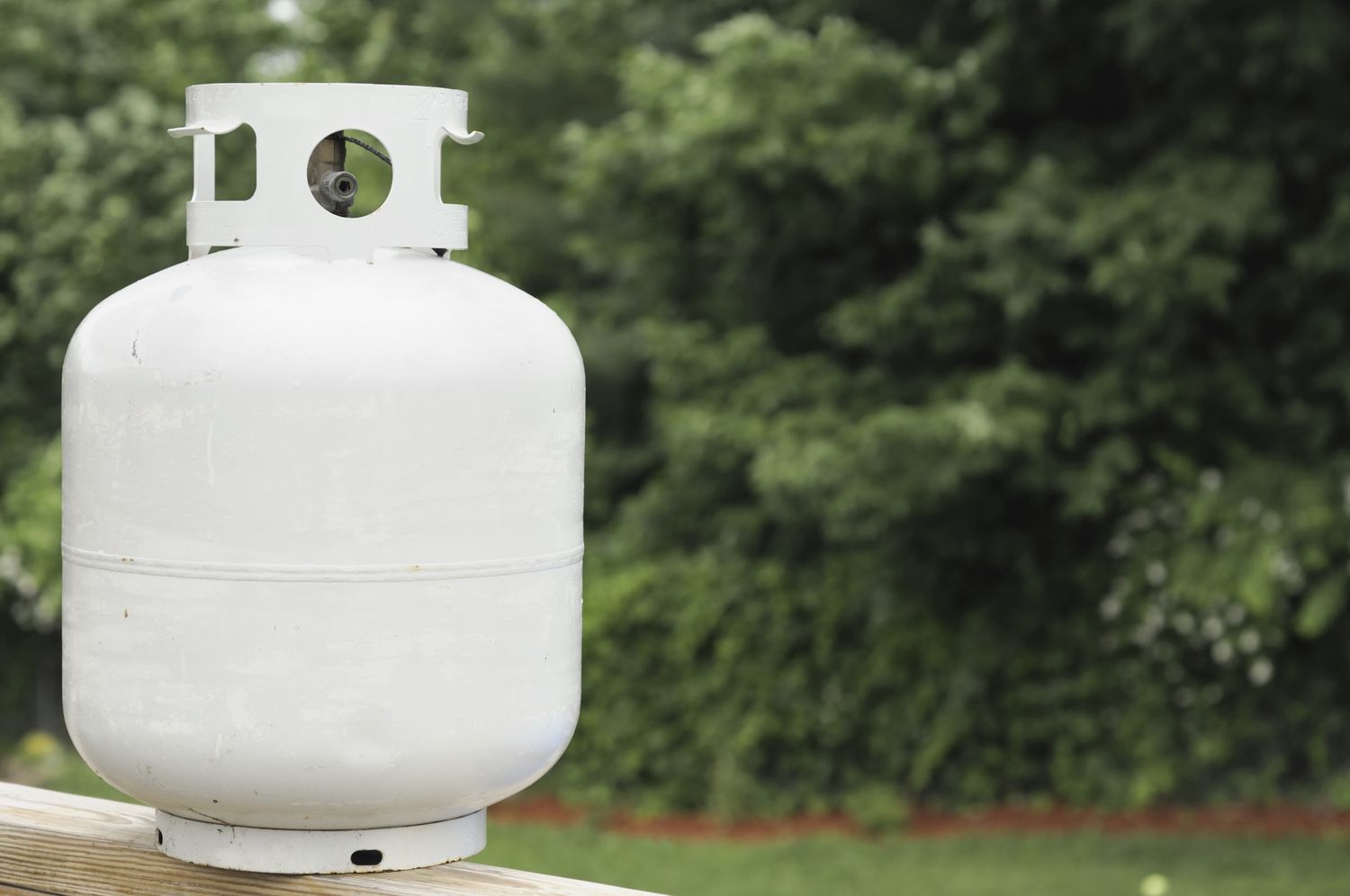
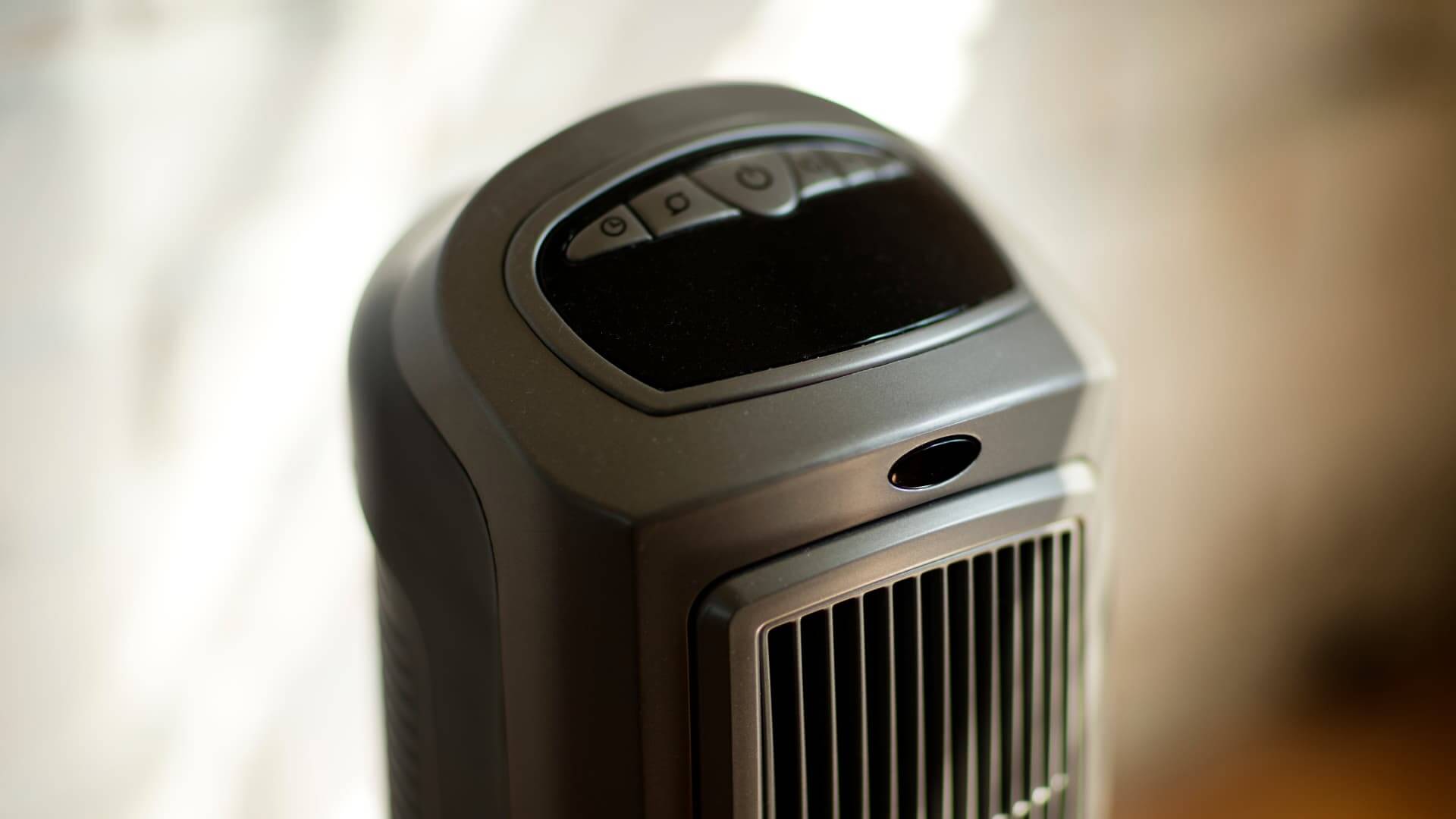
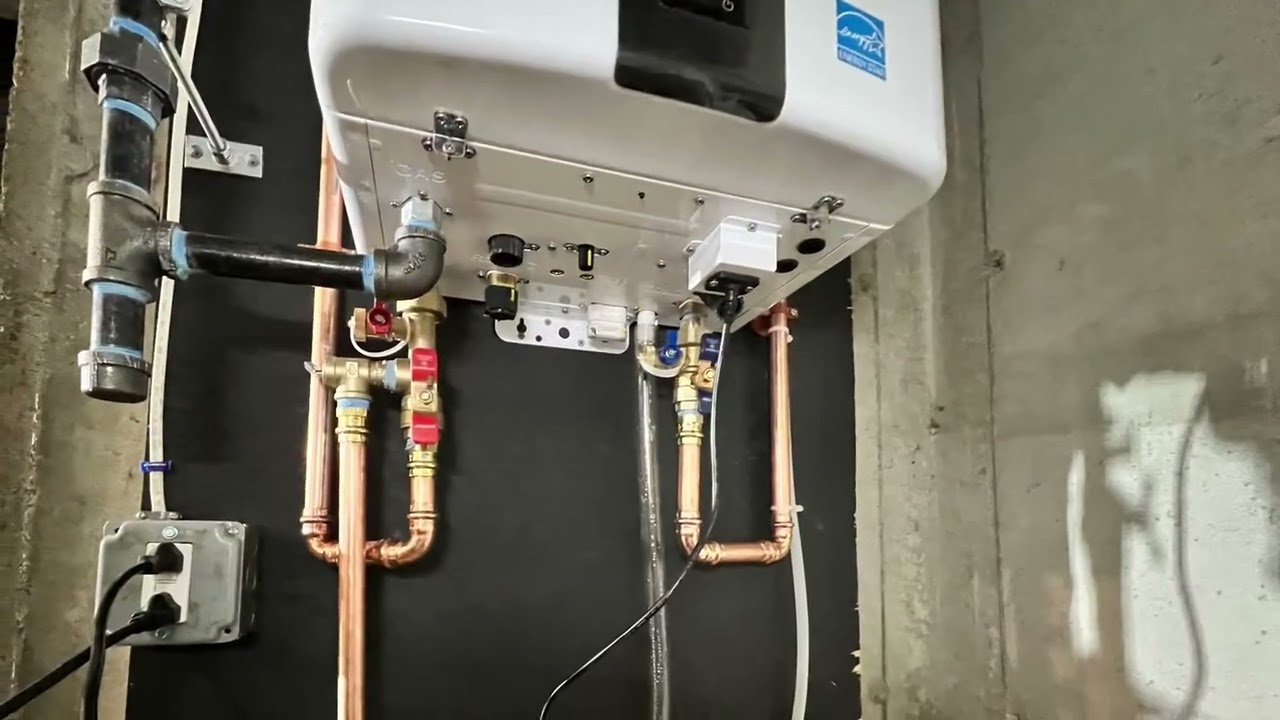
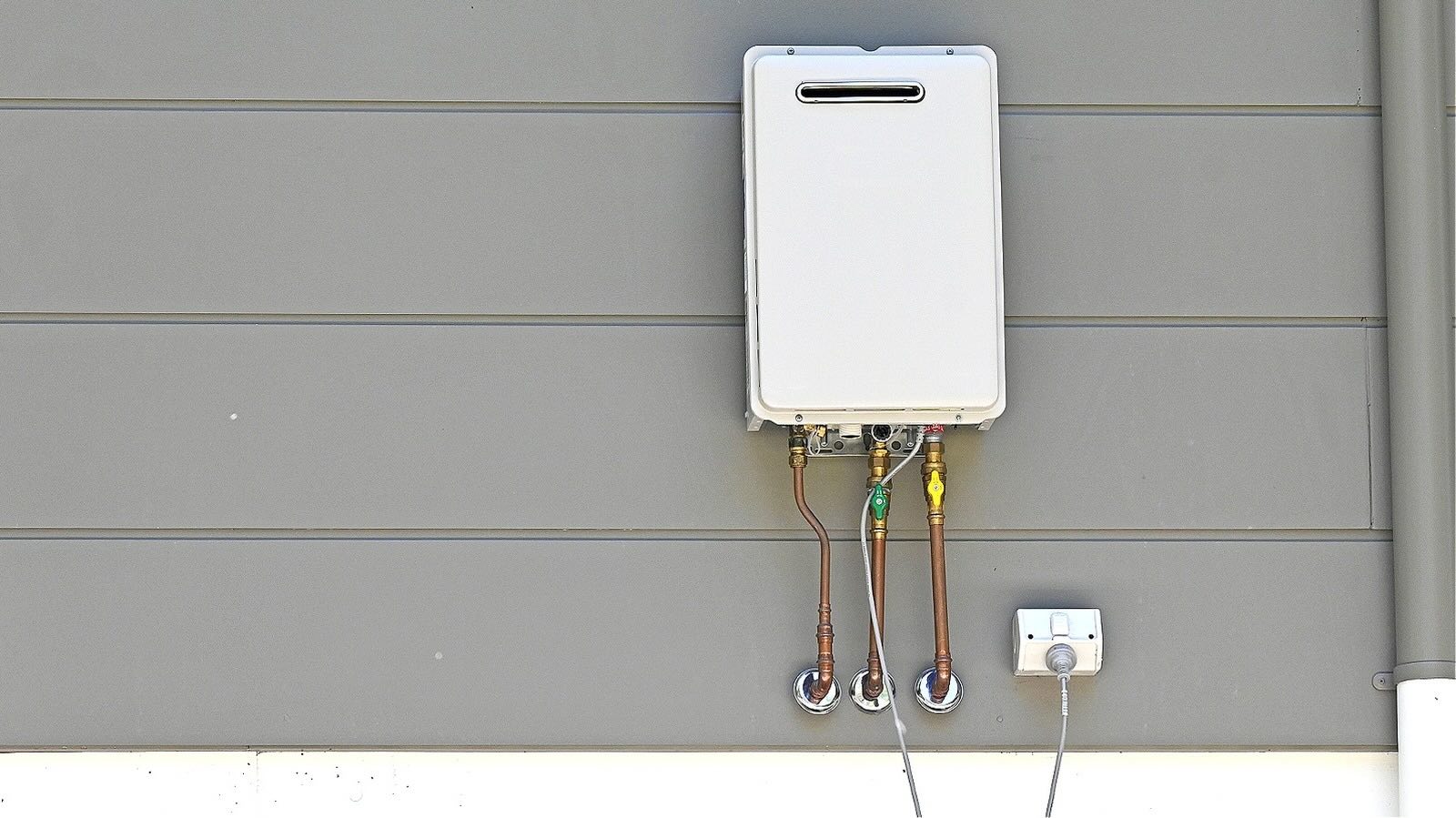
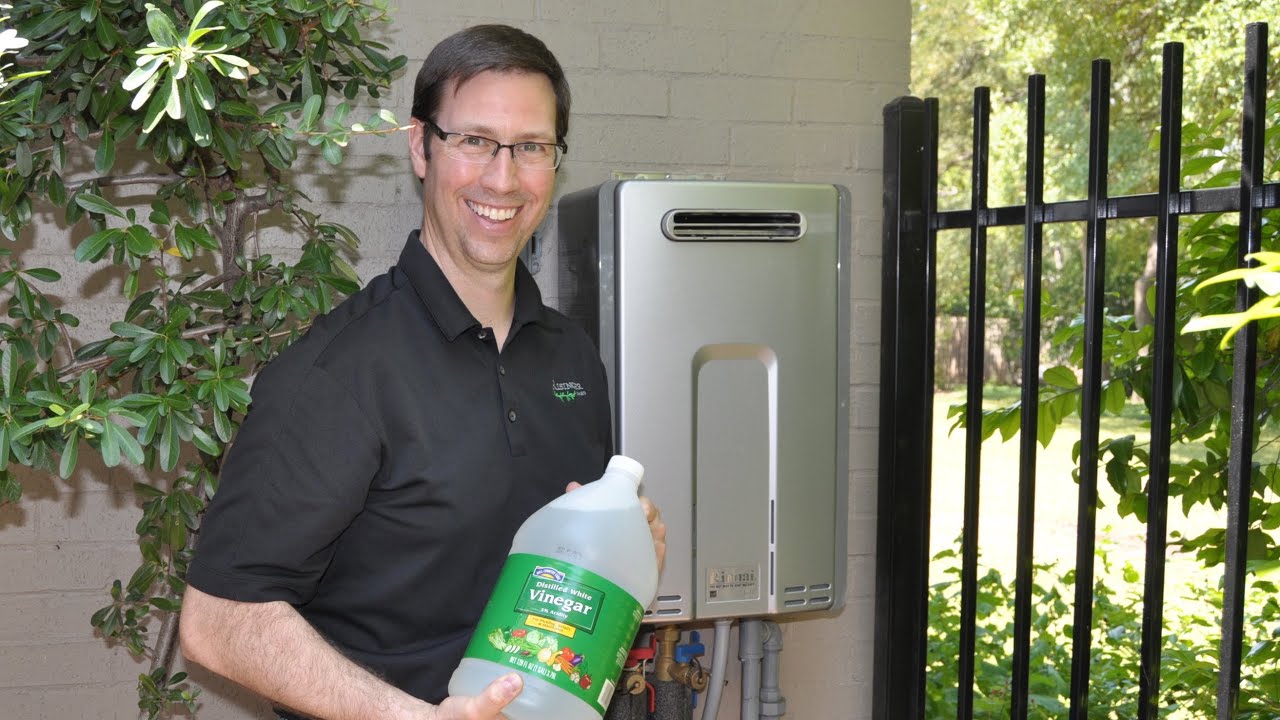

0 thoughts on “How Much Electricity Does A Tankless Water Heater Use”